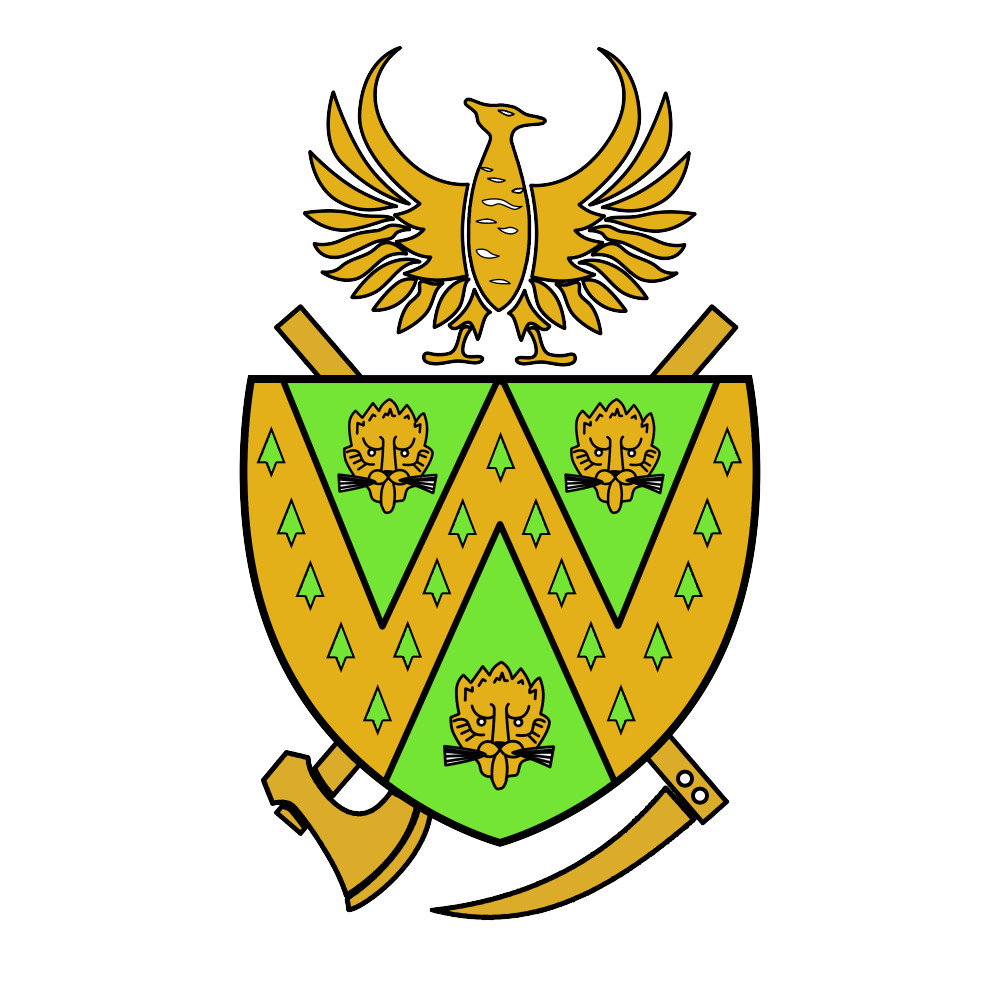WEM CRICKET CLUB COACHES CODE OF CONDUCT
Good cricket coaches are crucial. They ensure that players; achieve their potential; have a positive time and are more likely to continue in the game. This code sets out the best practice standards.
ECB KEY PRINCIPLES RIGHTS RELATIONSHIPS RESPONSIBILITIES
|
Advice and further information from ECB Coach Education Department
0121-440 1748 enquiries.coacheducation@ecb.co.uk |
This code sets out the best practice standards and guides against complaints by providing a measure in determining sanctions.
|
RIGHTS |
|
Coaches must Have a good
understanding of Safeguarding policy, procedure and ‘Safe Hands’ Respect and champion the
rights of every individual Create an inclusive environment,
free of fear and harassment Promote a
balanced/healthy lifestyle and support well-being Treat individuals with
respect, celebrating and valuing everyone Not discriminate or
condone discriminatory behaviour Be discreet in
conversation esp, about progress of other members Provide positive feedback and allow players to participate in discussion |
|
PARENTS Create/maintain good
relationship with parents |
|
RELATIONSHIPS |
|
Coaches must Apply Safe Hands and
appropriate contact with players (inc. 16, 17 years) Develop a professional
relationship with all players Be fair and trustworthy Empower players and
promote players best interests Understand training
requirements of different age ranges Ensure that physical
contact is appropriate Respect players’
opinions and encourage players to be responsible |
|
RESPONSIBILITIES |
|
PERSONAL STANDARDS Coaches must Demonstrate proper
behaviour and conduct Have a duty of care to report
concerns asap Be a positive role
model Use appropriate language,
punctuality, preparation and presentation Not smoke, drink alcohol or use drugs before or while coaching |
|
PROFESSIONAL STANDARDS Coaches must Follow club policies Create safe environment
and plan risk Attain good competence (e.g.
qualifications) and commit to training Share knowledge, best
practise and ideas with others Plan appropriate
training and be a reflective practitioner Maintain records and
report concerns Maintain up-to-date
cricket knowledge e.g. local, regional and national initiatives Do not assume
responsibility for any role for which you are not qualified or prepared. Do not misrepresent your
level of qualification. Co-operate fully with ECB policies |
Please note: Coaches also need to apply the Code of Conduct for Members and Guests
